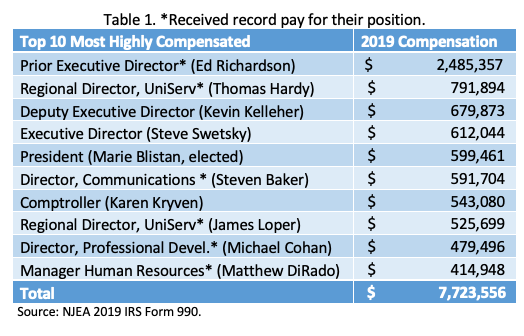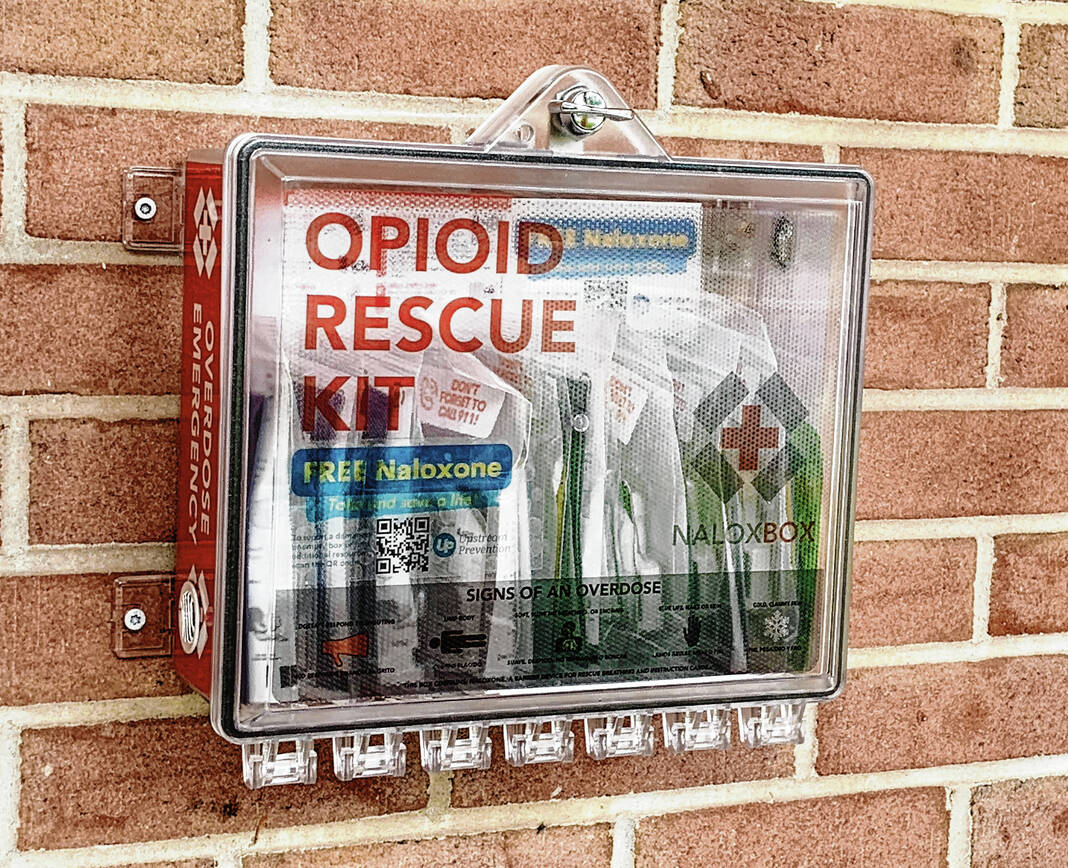
NJEA Appoints New Executive Director–Will He Make $2.5 Million a Year Too?
October 14, 2022
Camden County Will Install Opioid Overdosing Boxes in All Public and Parochial Schools to Combat Drug Crisis
October 14, 2022BARAKA: New Conference Will Focus on Student and Parent Voices To Address City’s Educational Shortcomings
Ras Baraka is Newark’s mayor. This first appeared at nj.com.
The will to get it done. This was the unofficial slogan of my city’s lead-line replacement program, which drew the attention of governments across the country, national environmental groups, and clean water activists.
During the celebration of our project completion, Vice President Kamala Harris visited our city and called Newark “the national model” for lead-line replacement.
Now we are applying that model to other city challenges we know can be overcome with the same collective “will to get it done.” Whether we call it a blueprint or a roadmap, it is a tried-and-true way to move forward, not languish in the silos of individual bureaucracies or ambitions.
By collective, I mean gathering all stakeholders together and creating a teamwork approach to achieve the goal. Our lead-line project was a collaboration of federal, state, county, and local governments, our water and sewer department, the engineers and contractors we employed, environmental groups, and most importantly, our residents.
We have already started the collective discussion in the schools and community through the bi-weekly meetings of my 2022 Newark Think Tank for Learning Acceleration.
Such efforts are reflected in this African proverb: “If you want to go fast, go alone. If you want to go far, go together.”
So now, we will go together to highlight and correct inherent educational inequities in our schools. The 2022 Roadmap to Educational Equity Conference will take place on October 28 and 29 at the NJIT Campus Center.
We are approaching these barriers to education with the same urgency as our approach to the water situation, crime, and the pandemic. We must. For too long, we have not taken a holistic stakeholder approach to education in our city, even as our schools have markedly improved. We can, and will, do better with this more muscular approach.
The 2022 Roadmap to Educational Equity Conference will offer a series of seminars, workshops, and keynote addresses, all the usual moving parts of such conferences.
The difference will be in the voices not often heard in educational conferences: those of the students and their parents. They are the first two stakeholders listed in our informational literature about the conference because the goal of creating educational institutions committed to equity, safety, a sense of belonging, wellness, and academic excellence is for the students and their families, as well as the overall well-being of our city.
We will kick off the two-day conference with a youth summit to hear their voices and thoughts on our educational shortcomings. We cannot be afraid of what they say because we cannot defend a system that does not serve their needs or address their concerns. This is the first step of transparency at all levels
If the students feel they are invisible to teachers and the administration, if they feel educational materials are foreign to their culture, or if our schools lack a high-level curriculum, we must listen.
We must know if they feel safe in schools while not feeling the overbearing presence of police. We must address the implicit biases that might cause our teachers and administrators to view our students as academic underachievers or even dangerous threats. We must listen and act with urgency.
These are conversations that must be had to improve our school climates. Newark Office of Comprehensive Community Education Chief Education Officer Dr. Sharnee Brown will moderate a panel to discuss creating safe spaces for brown and Black students featuring author and former Newark Tech Principal Baruti Kafele, Father Edwin D. Leahy, Headmaster of St. Benedict’s Prep, and myself on this topic.
This conference will be wide-ranging in the stakeholder invitees, including students and parents, teachers and administrators, philanthropic and charitable organizations, the business community, our universities, police and education policymakers, and equally important, the community.
The scope of the conference is just as wide, including our public schools, charter schools, special education, and ESL education aimed at our immigrant community.
This inaugural conference will begin an ongoing effort to end systematic barriers to learning for our students and bring equitable opportunities for high-quality education for all students.
Join us as we center on collaboration, tapping into the collective genius of our stakeholders so that ideas can be turned into strategies, strategies can be turned into policies and policies can be turned into action.
For the good of our students and our community, we must show the “will to get it done.




